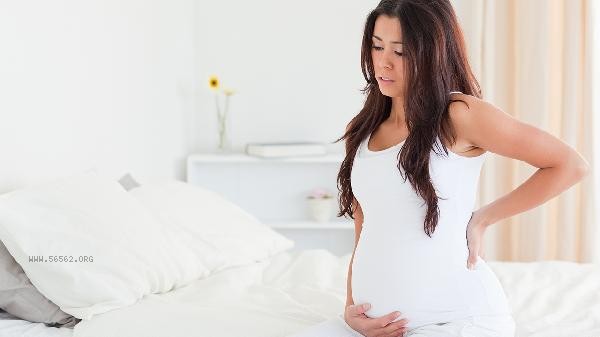Pregnant women are generally not recommended to take Bai Zhi. Bai Zhi belongs to traditional Chinese medicine and may contain ingredients that can affect fetal development. It is necessary to strictly follow medical advice when using it during pregnancy.

Bai Zhi has the effects of dispelling wind and relieving external symptoms, dispersing cold and relieving pain, and is commonly used for symptoms such as wind cold, cold, headache and toothache. But the volatile oil components may stimulate uterine smooth muscle and pose a risk of causing uterine contractions. Traditional Chinese medicine theory holds that Bai Zhi has a warming and pungent nature, and during pregnancy, qi and blood need to be mainly maintained through consolidation. Excessive dispersion may disturb the fetal element. Some animal experiments have shown that high-dose Bai Zhi extract may affect embryonic development. Although there are no clear reports of teratogenicity in clinical practice, self use should be avoided for safety reasons.

Under special circumstances, such as intractable headache during pregnancy or postpartum recuperation, traditional Chinese medicine practitioners may use processed Angelica dahurica in combination. At this time, it is necessary to ensure that the drug has undergone detoxification treatment and the dosage is accurately controlled. There have been cases where pregnant women, under the guidance of a physician, use small doses of Bai Zhi combined with Huangqi and other anti pregnancy herbs for the treatment of severe wind cold headache, but it must be accompanied by pulse diagnosis and regular fetal monitoring.

If discomfort occurs during pregnancy, it is recommended to prioritize safe alternative solutions, such as soaking perilla leaves in water for cold and windy conditions, and trying temple massage for headaches. If traditional Chinese medicine must be used, one should choose a reputable traditional Chinese medicine hospital, provide complete gestational age information and examination reports, and have a physician conduct a risk assessment. During the use of all traditional Chinese medicine, it is necessary to closely observe changes in fetal movement. If there is abdominal pain or vaginal bleeding, stop taking the medicine immediately and seek medical attention. Pay attention to avoiding eating foods with blood activating effects such as purslane and hawthorn in daily diet. Maintaining a stable mood is more helpful for keeping the fetus safe and healthy.




Comments (0)
Leave a Comment
No comments yet
Be the first to share your thoughts!